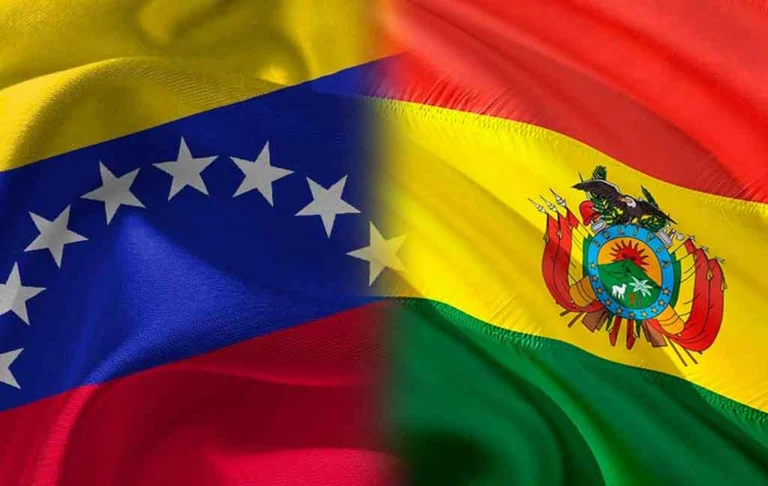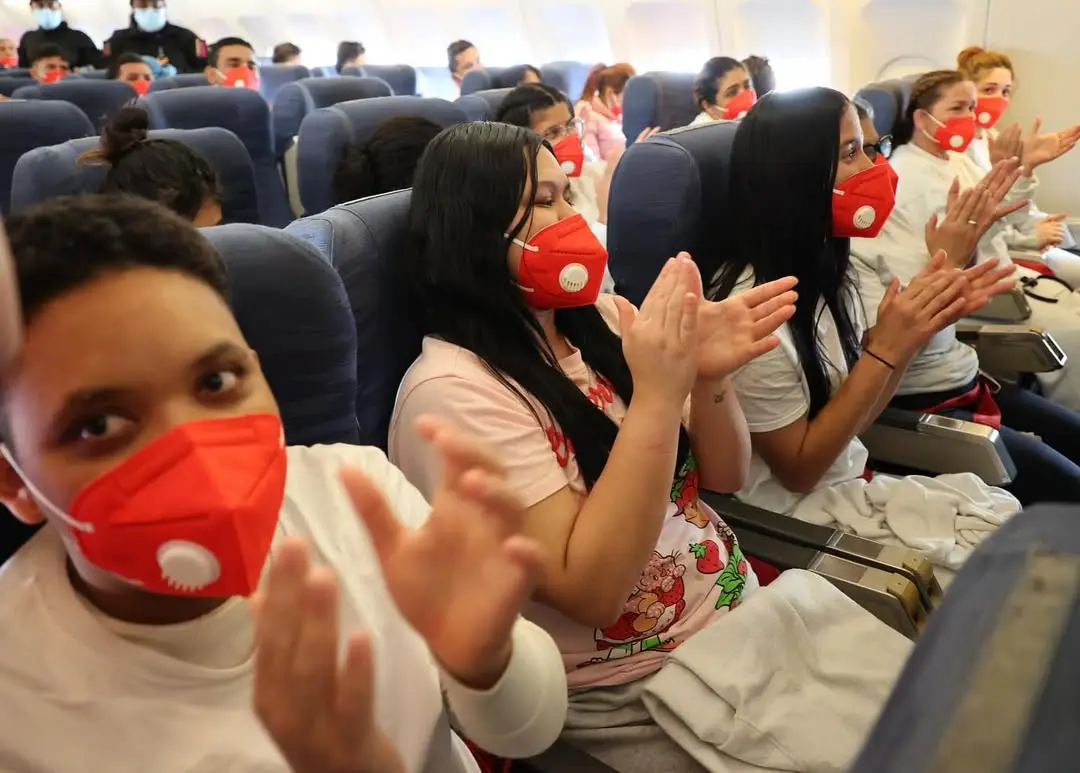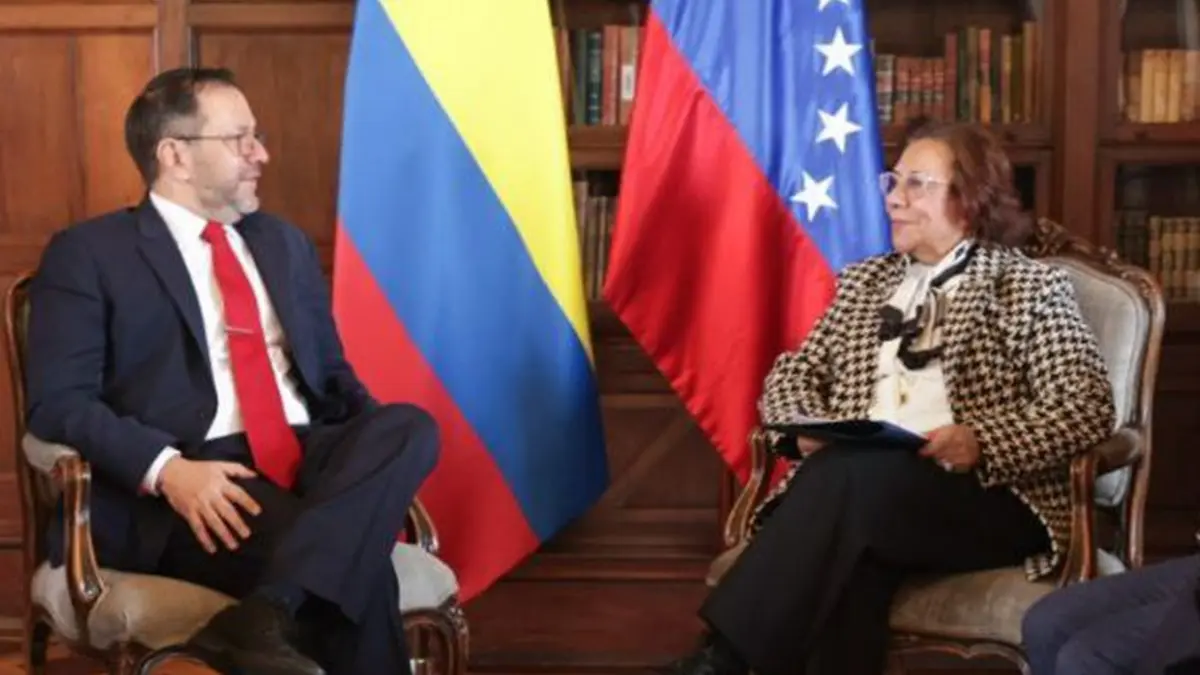Critical 1,300 Families Benefit From Bolivarian Government Social Programs in Caracas Amid Economic Challenges

Venezuela and Bolivia flags, 13/7/ 2025
July 13, 2025 Hour: 2:35 pm
Over 1,300 families receive medical, nutritional, and social support under the Bolivarian Government’s integrated programs in Caracas. Learn how Venezuela is addressing community needs amid economic hardship.
Related: Human Rights in Venezuela: Analysis of the UN Report and the Response of the Bolivarian Government
Geopolitical Context Behind Bolivarian Government Social Programs
The Bolivarian Government social programs continue to play a crucial role in maintaining public trust and addressing basic needs in Venezuela, especially in the capital city of Caracas. On July 13, 2025, more than 1,300 families were assisted through a coordinated Mega Social Program in the Renacer de la Patria Commune, located in the Caucagüita parish of Miranda state.
These efforts are part of the broader Antonio José de Sucre Plan, which aims to guarantee access to health services, nutrition, and social protection for vulnerable populations. In the face of prolonged economic challenges and international sanctions, such initiatives represent a key strategy to uphold social stability and strengthen grassroots governance.
🔗 AVN – Social Programs Coverage
Comprehensive Care and Institutional Coordination
Mayor of Caracas, Carmen Meléndez, emphasized that 29 national institutions have joined forces under the Operation Caracas Sonríe (Caracas Smiles) initiative to deliver high-impact services directly to neighborhoods.
“We are working hand-in-hand with the Bolivarian Government to ensure families receive medical attention, food supplies, and social support right in their communities,” Meléndez stated.
The program includes free medical consultations across multiple specialties, with over 325 surgical interventions already recorded as part of the effort to reduce waiting times and improve public health outcomes.
🔗 Sucre Municipality Official Report
Community Participation and Environmental Development
Parallel to the social outreach, the Bolivarian Government launched a participatory process involving Popular Councils and Communal Circuits to refine the implementation of the Gran Misión Madre Tierra Venezuela (Great Mission Mother Earth Venezuela).
This environmental and agricultural initiative seeks to promote sustainable development, ecological conservation, and food sovereignty from the grassroots level upward.
By engaging local organizations in policy discussions, the government reinforces its commitment to territorial inclusion and social justice, ensuring that development plans align with community priorities and realities.
Sovereign Food Access Through ‘Campo Soberano’ Fair
The Campo Soberano Fair, held simultaneously with the social campaign, provided fresh produce and locally sourced foods at affordable prices, reinforcing food security and supporting domestic agriculture.
This initiative is part of a broader set of policies designed to counteract the effects of external economic pressure and ensure citizens have access to healthy, nutritious meals.
“We are bringing food sovereignty to the people, one neighborhood at a time,” said a government official overseeing the fair’s logistics.
Social Impact and Government Commitment
These Bolivarian Government social programs reflect a sustained effort to meet basic needs despite complex economic conditions and international sanctions. The collaboration between popular councils, municipal authorities, and national agencies has been vital in delivering essential services to underserved communities.
“The priority is the people,” reiterated Mayor Meléndez. “We will keep working so every Caracas family has access to health, food, and well-being.”
Such campaigns not only address immediate needs but also reinforce the government’s narrative of resilience and self-reliance in the face of external pressures.
Strengthening Grassroots Governance and Sustainability
The government has actively mobilized popular organizations and communal structures to improve the effectiveness of its social policies. By involving local leaders in refining the Gran Misión Madre Tierra Venezuela, officials aim to create a model of territorial management that prioritizes sustainability and community empowerment.
This approach aligns with Venezuela’s broader push toward decentralized governance and inclusive development, where local participation plays a central role in shaping national strategies.
Conclusion: A Model of Resilience and Solidarity
The successful rollout of the Mega Integrated Social Campaign, the Campo Soberano Fair, and the ongoing Operation Caracas Sonríe demonstrates the Bolivarian Government’s focus on direct, community-based intervention.
These efforts not only provide tangible relief but also reaffirm the state’s commitment to popular power, food security, and sustainable development. As Venezuela continues to navigate difficult economic conditions, such social programs remain a cornerstone of its political and humanitarian response.
Author: JMVR
Source: VTV






